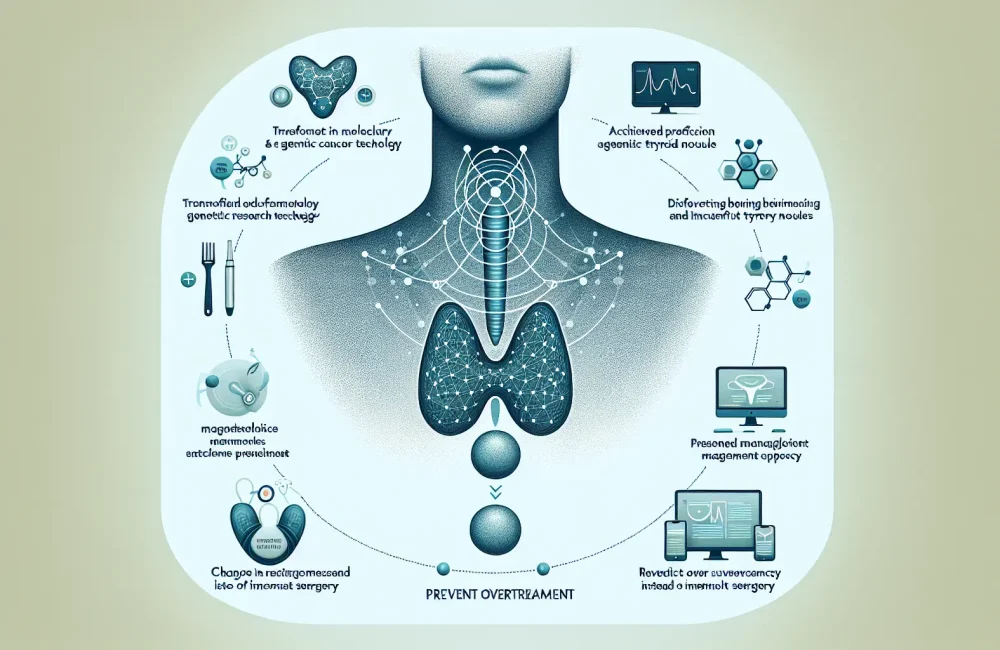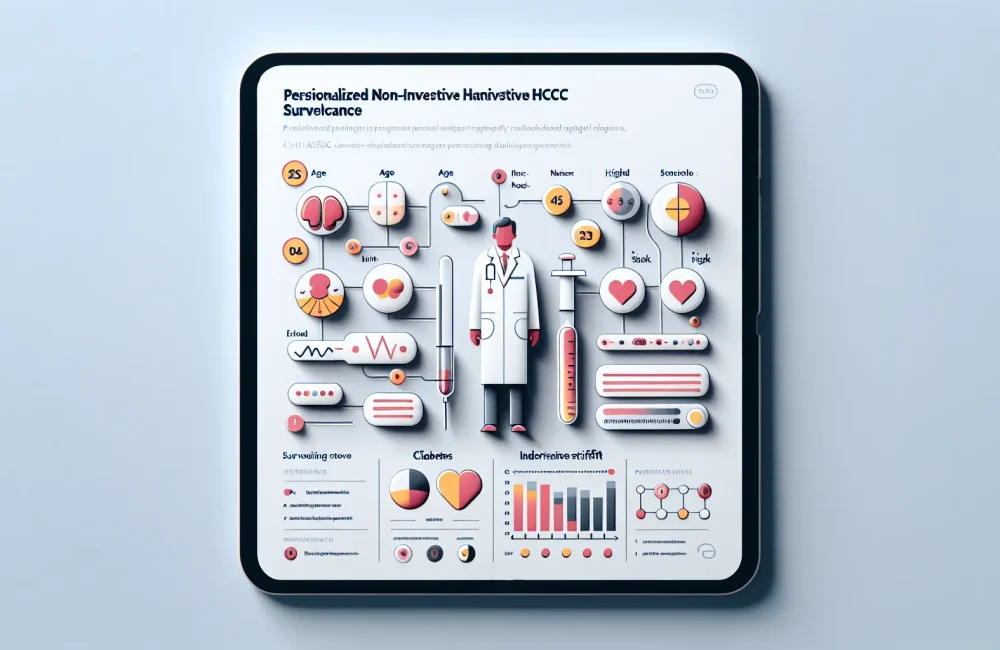By CAFMI AI From New England Journal of Medicine
Molecular Profiling and Targeted Therapies in Lung Cancer
The treatment landscape for lung cancer is undergoing a significant transformation, moving away from conventional, non-specific approaches such as chemotherapy and radiation toward personalized medicine. This shift is fueled by advances in molecular profiling techniques that allow clinicians to identify specific genetic mutations and biomarkers within tumors. Lung cancer, historically one of the most lethal and difficult cancers to manage due to its heterogeneity and often late detection, is now amenable to more tailored treatment strategies that target the individual characteristics of a patient’s cancer.
Key driver mutations such as those in EGFR (epidermal growth factor receptor), ALK (anaplastic lymphoma kinase), and ROS1 genes have become major targets for newly developed agents. Targeted therapies against these mutations have shown remarkable clinical benefits, including higher response rates and longer progression-free survival compared to traditional treatments. These therapies work by selectively inhibiting the molecular pathways that promote tumor growth and survival, thereby minimizing the systemic toxicity commonly associated with chemotherapy.
From a clinical perspective, the integration of molecular diagnostics into routine practice is crucial. Early and comprehensive genetic testing empowers clinicians to stratify patients and personalize treatment plans effectively. This approach supports better prognostication and guides the selection of the most effective treatment modality, ultimately improving patient outcomes and quality of life. The evolving evidence highlights the need for clinicians in primary care and oncology to remain updated on emerging biomarkers and targeted agents as part of an integrated lung cancer management strategy.
The Impact of Immunotherapy and Combination Treatments
Immunotherapy has emerged as a groundbreaking advancement in lung cancer treatment, particularly through the use of immune checkpoint inhibitors that unleash the patient’s own immune system to recognize and attack cancer cells. These agents, including PD-1 and PD-L1 inhibitors, have demonstrated durable responses in subsets of patients with non-small cell lung cancer (NSCLC), significantly prolonging survival compared to previous standards of care.
Clinical trials now routinely explore the benefits of combining immunotherapy with chemotherapy or utilizing it as maintenance therapy after initial treatment response. This combination strategy aims to enhance efficacy by attacking the cancer through multiple mechanisms, improving response rates, and potentially overcoming resistance. An important clinical implication is the expanding role of immunotherapy in first-line treatment regimens, which demands that clinicians familiarize themselves with patient selection criteria, biomarker testing (such as PD-L1 expression levels), and management of immune-related adverse events.
Understanding the safety profile and possible immune-mediated toxicities is essential for ongoing patient monitoring and counseling. These agents can cause unique side effects including pneumonitis, colitis, and endocrinopathies, which require prompt recognition and management. The article underscores that, while immunotherapy is not universally effective, ongoing research into novel immune targets and combination approaches holds promise to extend benefits to a broader patient population.
Clinical Implications and Future Directions in Lung Cancer Management
The article highlights critical clinical implications arising from these advances, emphasizing a multidisciplinary approach that incorporates early detection, precise molecular diagnostics, and personalized treatment strategies. Advancements in screening and early-stage diagnosis, including low-dose computed tomography (LDCT), have increased detection rates when curative treatment is more feasible.
Ongoing clinical trials focused on overcoming resistance to targeted therapies and immunotherapies are critical because acquired resistance remains a significant hurdle in lung cancer management. Strategies such as novel combination regimens, next-generation inhibitors, and adaptive treatment protocols are actively being investigated. These future directions underscore the necessity for clinicians to remain engaged with clinical research and responsive to evolving evidence.
Moreover, the article stresses the importance of patient counseling, shared decision-making, and careful follow-up to optimize therapeutic outcomes and manage side effects effectively. For primary care providers and specialists alike, integration of molecular testing pathways and immunotherapy indications into practice workflows will become increasingly standard. In summary, this long-anticipated shift toward precision oncology and immunotherapy represents a new era in lung cancer care aimed at improving survival and quality of life through biology-driven, individualized treatment.
Read The Original Publication Here






